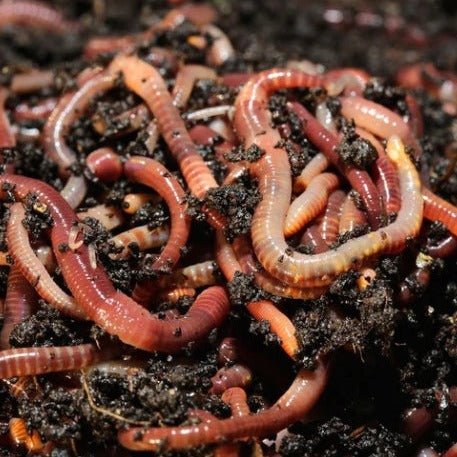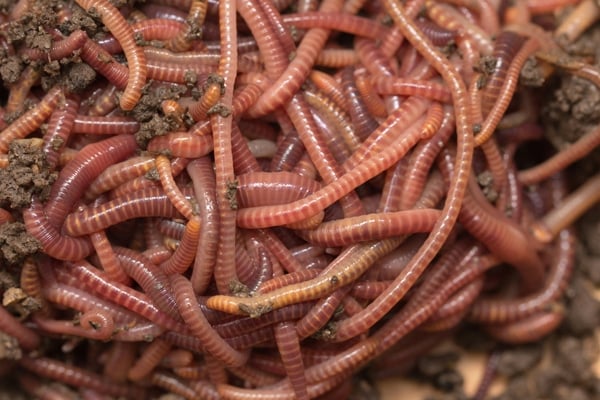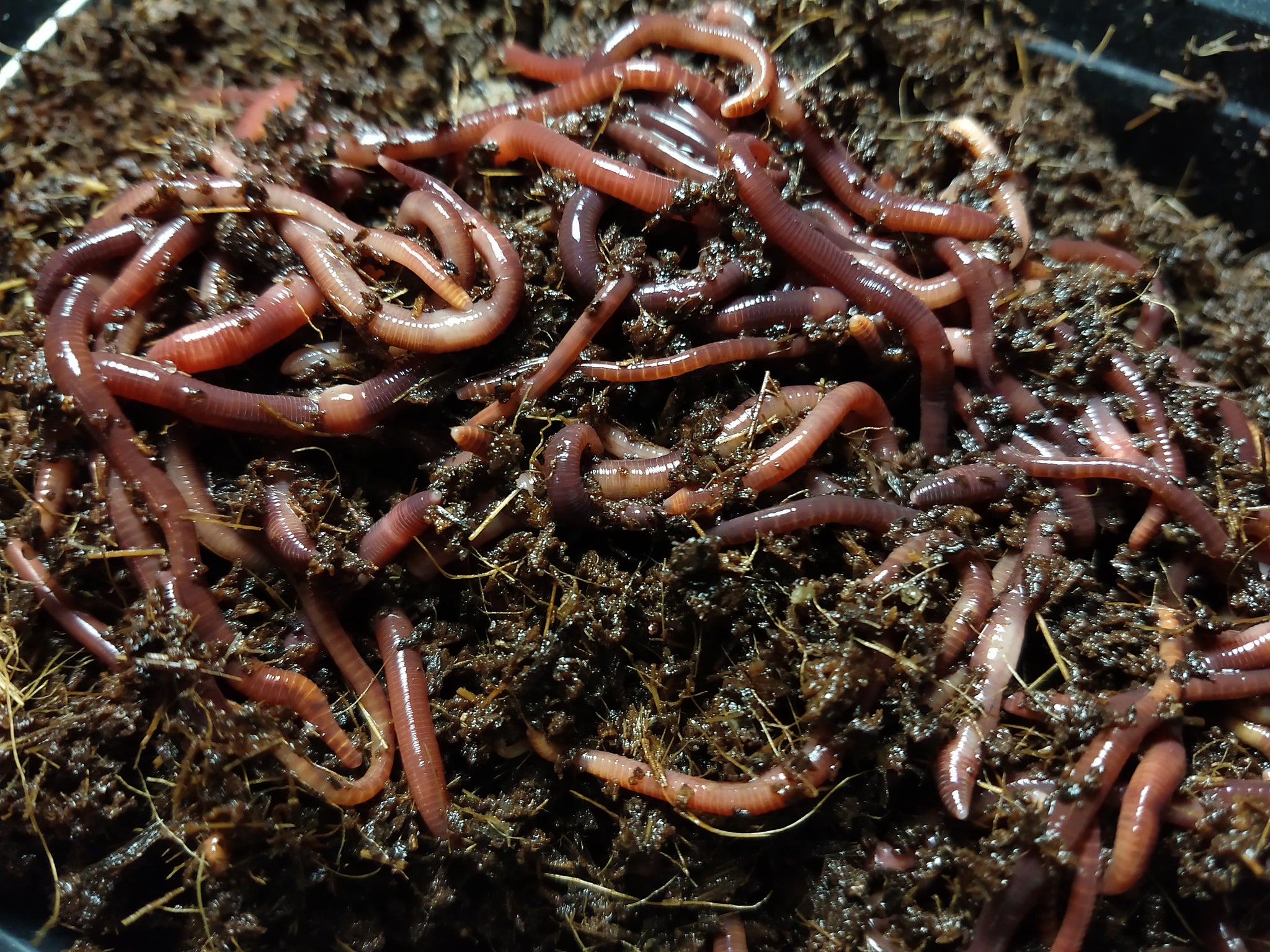Open the Keys of Red Wigglers: Your Overview to Composting Success
The assimilation of red wigglers right into composting practices presents a significant opportunity for enhancing soil health and promoting sustainability. These organisms are not merely efficient recyclers of natural waste; they supply a myriad of advantages that can change yard administration. Comprehending their requirements and behaviors is vital for maximizing their possibility, from setting up a suitable worm container to feeding them the appropriate products. As we check out the necessary elements of successful vermicomposting, one might wonder how these small animals can bring about an extra lively and productive garden ecological community.

What Are Red Wigglers?
Indigenous to North America, they are typically located in decaying fallen leaves and compost heap, where they play a crucial function in nutrient recycling. Their adjustment to living in a damp, cardiovascular setting enables them to take in huge quantities of organic waste, simplifying into nutrient-rich castings that improve soil health.
Red wigglers replicate swiftly, with a single worm efficient in generating several cocoons every week, each having multiple hatchlings. This fast recreation price contributes to their effectiveness in composting procedures. They favor temperatures between 60 ° F and 80 ° F, and their task level enhances dramatically within this range, further helping in the decay procedure. Recognizing the biology and habits of red wigglers is essential for maximizing their potential in composting applications.
Advantages of Utilizing Red Wigglers
Taking advantage of the power of red wigglers in composting supplies many advantages that improve soil health and wellness and promote sustainable waste management. These amazing organisms effectively damage down raw material, transforming kitchen scraps and yard waste right into nutrient-rich vermicompost. This ended up item is remarkably advantageous for plant growth, as it boosts dirt framework, enhances moisture retention, and enhances vitamins and mineral schedule.

Establishing Your Worm Bin
Creating an efficient worm bin is an uncomplicated process that can dramatically enhance your composting initiatives. The primary step is selecting an ideal container. Worm bins can be made from plastic storage space containers, wooden boxes, or readily available worm bins. Make certain the bin has ample drainage and air flow openings to maintain ideal dampness levels and air flow.
Next, prepare the bed linen product, which functions as the worms' habitat. A mix of shredded newspaper, cardboard, and coconut coir works well, giving a comfy environment for the worms. Go for a bed linens deepness of concerning 4-6 inches. Moisten the bedding lightly, guaranteeing it appears like a wet sponge without excess water merging at the bottom.

Feeding Your Red Wigglers
To ensure the wellness and efficiency of your red wigglers, it is important to provide them with a well balanced diet plan that meets their dietary needs. Red wigglers grow on a diverse variety of organic products, which not only provide required nutrients yet likewise advertise effective composting.
Start by incorporating kitchen scraps such as vegetable peels, fruit cores, and coffee premises. Avoid citrus fruits, onions, and garlic, as these can be destructive to worm health and wellness. In addition, introduce shredded paper, cardboard, and completely dry leaves to develop a well-aerated environment.
Feeding frequency need to be kept track of; usually, worms can take in half their body weight in food weekly. It is crucial to prevent overfeeding, as excess food can lead to unpleasant smells and attract insects. An excellent practice is to include food in percentages, enabling worms to refine it before introducing extra.
Maintaining wetness degrees is additionally vital; the bed linen needs to be damp however not soaked. Be certain to regularly check the temperature level and pH levels of the bin to make sure an ideal atmosphere for your red wigglers, inevitably boosting their composting efficiency.
Harvesting and Utilizing Compost
An effective composting procedure with red wigglers finishes in the rich, dark compost referred to as vermicompost, which can significantly enhance dirt wellness and plant growth. Harvesting this nutrient-dense material typically takes place every 3 to six months, depending on the dimension of your system and the quantity of raw material being refined.
To gather, gently different the garden compost from the worms and any type of undecomposed materials. One reliable technique involves relocating the components of the bin away and adding fresh bedding and food to the void, encouraging the worms to move. After a few days, the garden compost can be gathered from the opposite side.
It go to this site is essential to use vermicompost appropriately to maximize its advantages. By incorporating vermicompost into your horticulture regimen, you not only reuse natural waste but likewise develop a flourishing ecological community that supports sustainable horticulture techniques.
Conclusion
In summary, red wigglers serve as extraordinary allies in composting initiatives, transforming organic waste into nutrient-rich vermicompost. By comprehending the optimal conditions for their habitat, feeding requirements, and garden compost harvesting strategies, garden enthusiasts can boost dirt health and wellness and advertise plant vitality.
Comments on “Enhance Your Lawn Care Routine with Top-Quality Lake Hickory Bait Products”